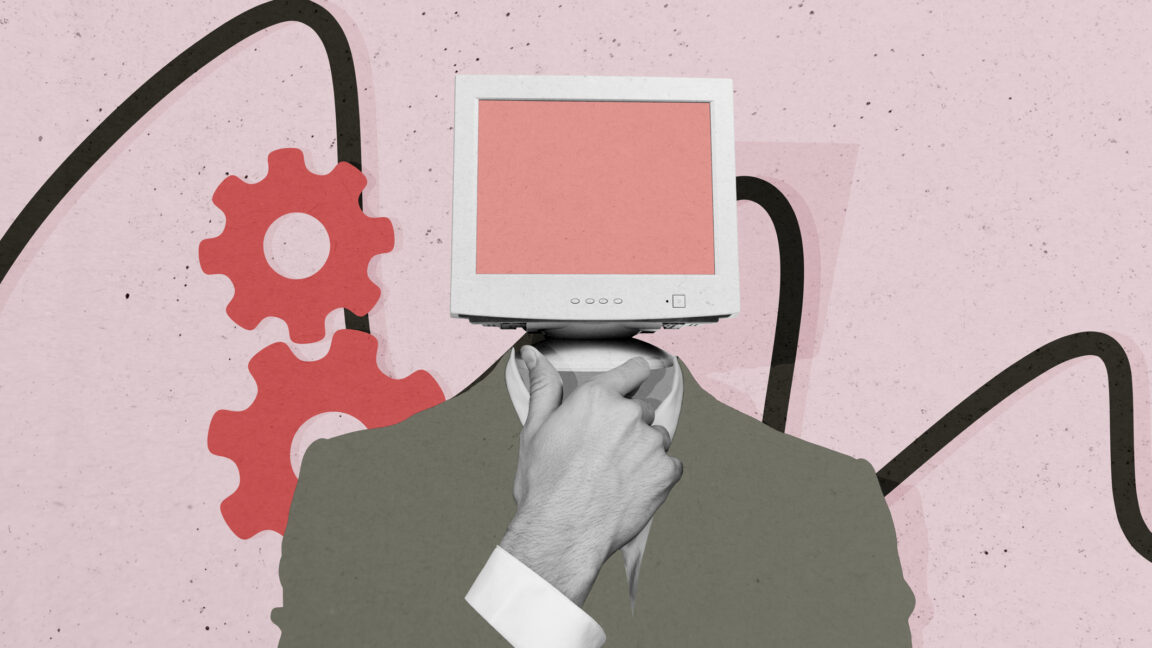YouTube Refutes AI Role in Recent Tech Tutorial Removals

Key Points
- YouTube denied that AI was used to remove recent tech tutorial videos.
- Creator known as White saw his channel grow to around 330,000 subscribers after a viral Windows 11 workaround video.
- White speculated AI might be influencing moderation, citing an automated chatbot response.
- Past flagged videos were quickly reinstated after human review.
- Creators expressed uncertainty about what content may trigger removal.
- YouTube emphasized continued reliance on human reviewers for moderation decisions.
- The episode underscores tension between platform automation and creator autonomy.
YouTube has denied that artificial intelligence was used to remove recent tech tutorial videos, a claim that sparked concern among creators. The controversy centered on a creator known as White, whose channel grew to around 330,000 subscribers after a popular video showing a Windows 11 workaround. White speculated that AI might be influencing moderation but cited a seemingly automated chatbot as evidence. He noted past instances where videos were flagged but quickly reinstated after human review. The uncertainty has left creators uneasy about what content may be subject to removal.
Background
YouTube faced scrutiny after a series of tech tutorial videos were removed from the platform. The removal appeared odd to creators, prompting speculation about the involvement of artificial intelligence in the moderation process. The channel most affected belonged to a creator known as White, who gained visibility when a video demonstrating a workaround to install Windows 11 on unsupported hardware went viral. Following that exposure, his subscriber base expanded to around 330,000.
Creator Concerns
White voiced his worries publicly, suggesting that YouTube might be leaning on AI to catch more violations. He observed that the platform’s creator support chatbot often responded automatically, even when a human “supervisor” was supposedly connected. While he could not confirm AI’s role, the perceived automation heightened anxiety among tech‑focused creators. Their biggest fear, White explained, was that changes to automated moderation could unexpectedly knock them off YouTube for posting ordinary, commonplace content.
Historically, White’s videos on similar topics had been flagged as violative but were quickly reinstated after human review. He recalled that earlier strikes were resolved after speaking with a real person, who deemed the content “stupid” to remove. The shift toward more automated responses, he argued, left creators uncertain about what they could safely publish.
YouTube’s Response
In response to the growing speculation, YouTube officially denied that artificial intelligence was responsible for the recent removals. The platform emphasized that its moderation decisions continue to rely on human reviewers and that any automated tools are used only as supplementary aids. YouTube’s statement did not provide detailed insight into the specific mechanisms behind the flagged videos, leaving many creators still seeking clarity.
The uncertainty surrounding moderation practices has created a climate of caution. Creators expressed that they are “not even sure what we can make videos on,” noting that the lack of concrete guidance makes planning future content challenging. While YouTube’s denial offers some reassurance, the lingering perception of an “AI‑driven” moderation system continues to influence creator sentiment.
Broader Implications
The episode highlights broader tensions between platform automation and creator autonomy. As large video platforms explore more efficient moderation methods, the balance between swift enforcement and fair, transparent review remains delicate. For creators like White, whose channels thrive on detailed technical guidance, the prospect of unpredictable removals threatens both audience trust and channel growth.
Until YouTube provides clearer communication about its moderation criteria and the role of any automated tools, creators are likely to remain wary. The situation underscores the need for platforms to maintain open dialogue with their content partners, especially when policy changes could impact niche communities such as tech tutorial producers.